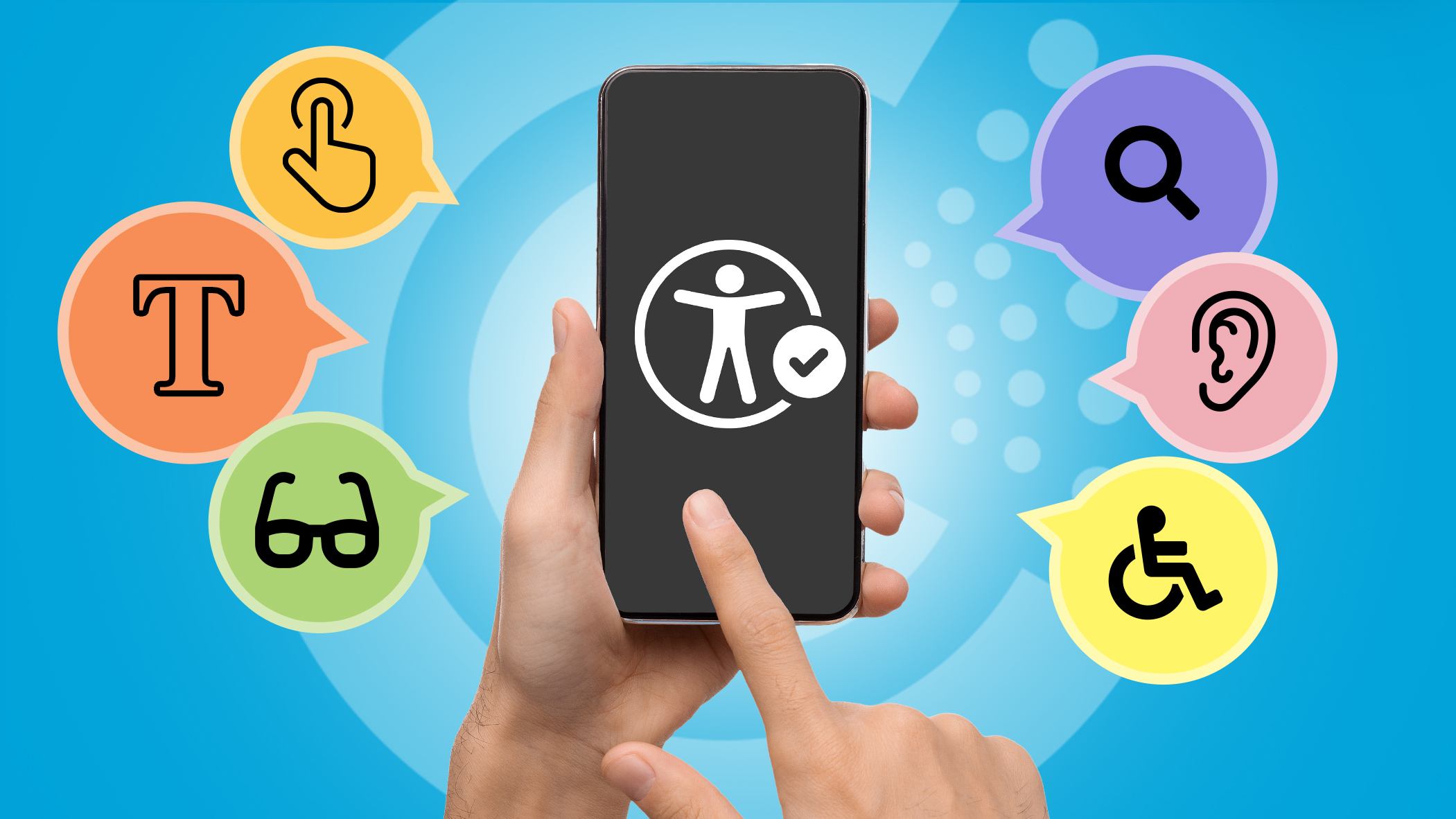Window Waterproofing: The Key To Protecting Your Home From Water Damage

When it comes to maintaining the integrity of your home, few things are as important as ensuring your windows are properly waterproofed. Leaky windows can lead to significant water damage, mold growth, and costly repairs. Whether you live in a rainy region or simply want to protect your home from the elements, window waterproofing is a smart investment that can save you time, money, and stress in the long run. In this article, we will dive into the importance of window waterproofing, the best methods for waterproofing windows, and how to do it effectively.
Crucial Pre-Refinance Factors Every Homeowner Should Know

Potentially reducing your mortgage rate might sound enticing, but it's paramount to pause and ponder, before plunging into the refinancing pool. From your financial stability to changing interest rates, here are five vital factors that warrant your attention...
Streaming Costs Revealed: Why Prices Keep Climbing

As subscription bills climb, many wonder what fuels streaming price hikes. This article peels back the curtain on fees, rights deals, and corporate math that affect your monthly budget.
The Rise Of Office Co-Working Spaces: A Smarter Way To Work

The traditional office is evolving, and more professionals are turning to office co-working spaces for flexibility, networking opportunities, and cost savings. Whether you’re a freelancer, entrepreneur, startup, or remote worker, finding the right workspace can have a huge impact on your productivity and work-life balance. But with so many options available, how do you choose the best co-working space for your needs?
Co-working spaces are no longer just trendy alternatives to home offices or coffee shops. They provide fully-equipped work environments with high-speed internet, private meeting rooms, and shared amenities that cater to businesses of all sizes. Instead of dealing with the expenses of renting a traditional office, professionals can enjoy a dynamic, collaborative environment designed for innovation and efficiency.
5 Mistakes To Avoid When Choosing Curtains For Home

Selecting curtains is a game of style, functionality, and keen observation. However, homeowners often overlook critical mistakes such as poor measurement, wrong fabric choice, or ignoring natural light—resulting in less optimal interior aesthetics and functionality.
5 Mistakes To Avoid When Buying Tickets For A Live Concert

Are you planning to attend a live concert? Avoid these common mistakes when buying tickets: waiting until the last minute, not checking for hidden fees, falling for scams, not considering the venue's location, and not purchasing tickets from official sources. Follow these tips to ensure a smooth concert experience.
Affordable Furniture In Local Stores: Finding The Best Deals Near You

When it comes to furnishing your home, finding the right balance between quality and price can be challenging. Many homeowners and renters are often faced with the dilemma of wanting stylish, durable furniture without breaking the bank. The good news is that there are plenty of affordable options available, especially when you know where to look. Local furniture stores offer a great selection of pieces that can transform your living space while keeping your budget intact. In this article, we’ll explore how to find affordable furniture in local stores, the benefits of shopping locally, and some tips to get the best deals.
Navigating Pitfalls In Charitable Car Donations: 5 Mistakes

Avoid donating a car to charity without thorough research, it's a common mistake. Unscrupulous charities might not optimize your donation, causing more harm than good. Recognize and steer clear of this and other blunders to ensure effective charity support.
5 Red Flags Of House Sitting Services

Alert! Your house-sitting service may not be as reliable as you think. Watch out for these five red flags to ensure your home's safety; don't fall prey to an unreliable service that could compromise peace of mind.
9 Travel Mistakes That Could Turn Your Dream Trip Into A Nightmare

Embarking on a dream trip can swiftly descend into a nightmarish experience if you fall into the clutches of some common travel mistakes. From underestimating visa requirements to ignoring local customs, these blunders can derail your journey faster than you can say "bon voyage." So, gather your wits, heed the wisdom, and discover the hair-raising tales of those who've learned the hard way. Be warned: this cautionary tale could make all the difference between a travel triumph and a disastrous misadventure.









